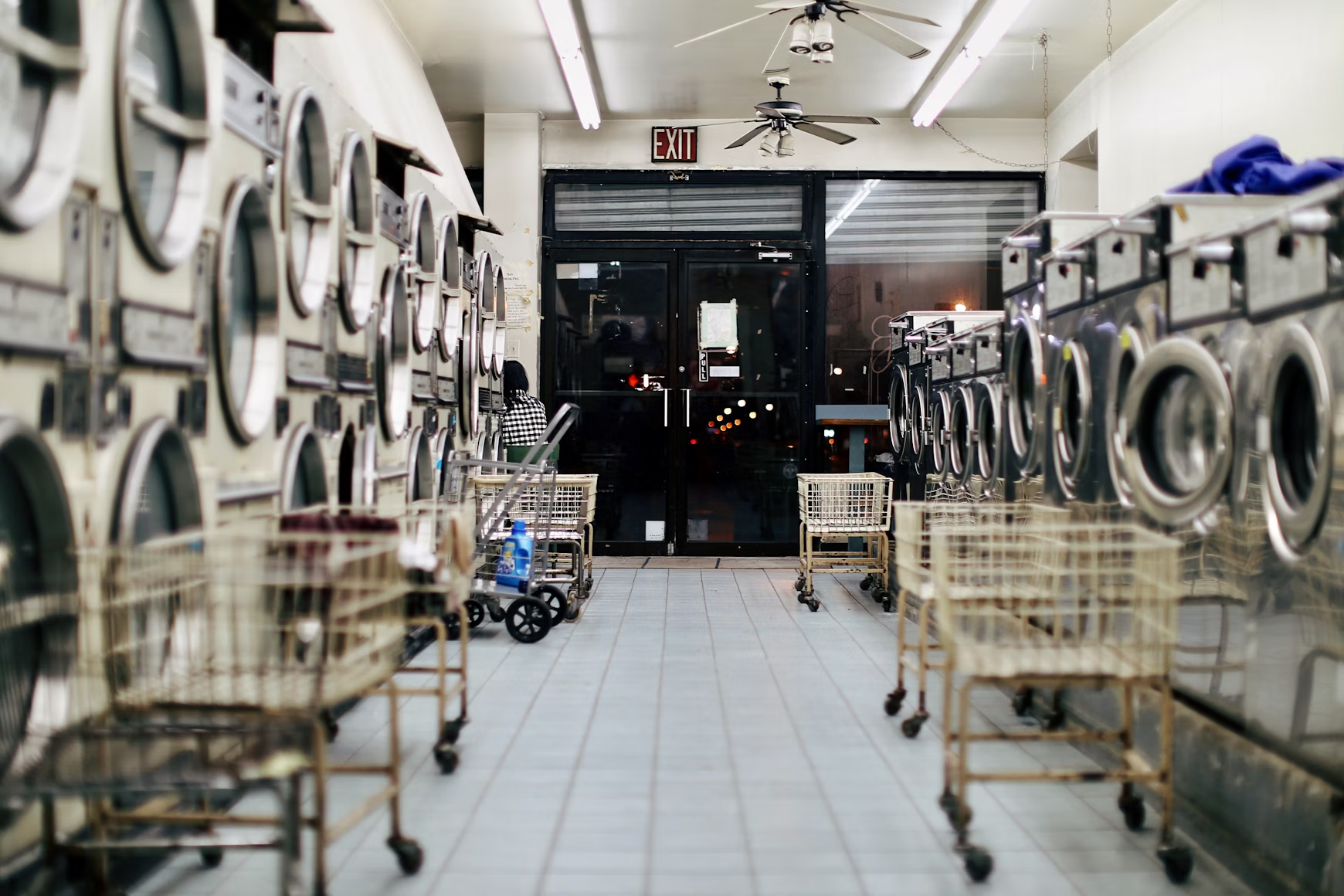Before opening a laundromat, one of the most important steps is securing the proper licenses and permits. These documents ensure your business operates legally and safely in accordance with local, state, and federal regulations. Failure to obtain the right licenses can result in fines, forced closures, or costly delays. This guide outlines the key licenses and permits most laundromats in the United States and Canada need to get started.
Business License or Operating Permit
Every laundromat needs a general business license to operate legally within a city or county. This license registers your business with local authorities and may need to be renewed annually. Requirements vary depending on your city or municipality, so contact your local clerk’s office to confirm.
- Required by almost every city, county, or township
- Often called a “Business Tax Certificate” or “General Business License”
- Typically renewed annually or bi-annually
- May require a zoning check or inspection before approval
- Fees vary by location, usually between $50–$500
Sales Tax Permit (If Applicable)
While most laundromat services are considered non-taxable in many states, certain add-ons like detergent sales, vending machines, or wash-and-fold services may be taxable. A sales tax permit allows you to collect and remit sales tax to your state government.
- Required if you sell taxable goods or services (e.g., soap, bags)
- Obtained through your state’s Department of Revenue
- Must collect and file sales tax returns regularly
- Some states exempt coin-operated laundry from sales tax
- Check your state’s rules to determine what applies
Federal Employer Identification Number (EIN)
Even if you’re a sole proprietor, it’s best to apply for an Employer Identification Number (EIN) from the IRS. This number acts like a Social Security number for your business and is required if you have employees or plan to open a business bank account.
- Required for LLCs, corporations, and any business with employees
- Free to obtain from the IRS (online application available)
- Used for tax filings, payroll, and vendor forms
- Necessary to open a business checking account or apply for financing
State Tax Identification Number
Many states issue a separate tax ID number for employers or businesses collecting sales tax. Even if you have an EIN, you may need a state-issued number for payroll withholding or unemployment insurance. This requirement is especially relevant if you plan to hire staff.
- Used for paying state income tax or employment taxes
- Required in most states for payroll and insurance contributions
- Applied for through your state’s Department of Revenue or Labor
- May also be used when filing local quarterly taxes
Health or Sanitation Permits (If Offering Wash-and-Fold)
If your laundromat includes wash-and-fold services or handles laundry for the public, some cities and counties may require a health department permit. These permits are designed to ensure public safety when laundering clothes and linens for others.
- May be required if employees handle customer laundry
- Health inspectors may check cleanliness and soap storage
- Often required when handling large commercial or medical accounts
- Regulations vary widely by region
Building and Occupancy Permits
Before opening your laundromat, you must confirm that the space meets local building codes and is approved for commercial laundry use. This usually involves obtaining a Certificate of Occupancy and passing inspections for plumbing, fire safety, and ventilation.
- Certificate of Occupancy confirms legal use of the building
- May require inspection by building, fire, or zoning departments
- Plumbing and electrical systems must meet local codes
- Often needed before you can legally open doors to the public
Sign Permit
Most municipalities require a permit for outdoor signs or window decals, especially those visible from the street. These permits regulate size, lighting, and placement to ensure safety and compliance with city ordinances.
- Required for exterior signs, monument signs, or lighted signage
- Rules vary by city and zoning type
- May require design drawings and property owner approval
- Usually involves a one-time fee or annual renewal
Environmental Permits (If Using Solvents or Boilers)
While most laundromats use water-based systems, some commercial locations may require environmental permits if they use solvents, boilers, or water discharge systems beyond residential levels. These are typically more relevant for industrial laundries or dry-cleaning hybrid operations.
- May be needed for water discharge or wastewater treatment
- Boiler permits may apply if large commercial heaters are used
- Some jurisdictions monitor detergent runoff or chemical use
- Check with local environmental agencies for compliance
Laundry License (Some Cities Only)
Certain large metropolitan areas, especially in Canada or older U.S. cities, may require a specific license for operating a laundromat. This is separate from a general business license and is designed to regulate hours, safety, and fair pricing.
- May include additional rules for pricing transparency or customer service
- Often required in dense urban areas like New York City or Toronto
- Check with your city’s licensing department for local rules
- Could involve inspections or community board approval
Conclusion
Getting the proper business licenses is one of the most important steps to launching a laundromat legally and professionally. Each license serves a specific role in protecting your business, your employees, and your customers. Requirements vary by city and state, so always check with local authorities or consult a business attorney or licensing expert to ensure full compliance.




